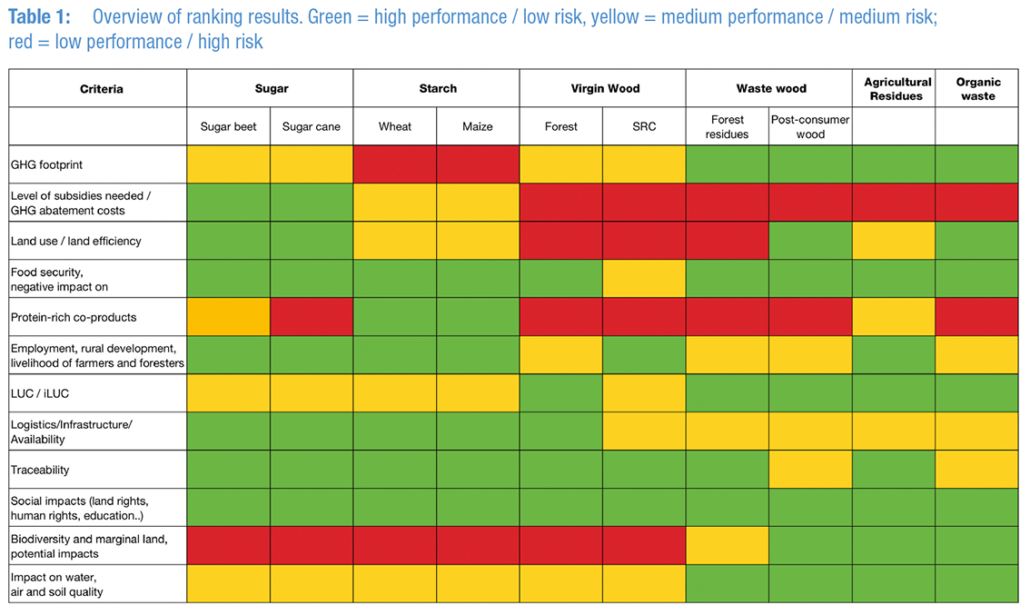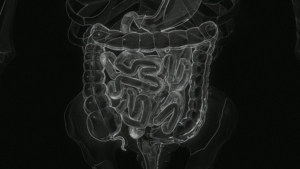
Nova challenges EU’s tank or table paradigm
A comprehensive sustainability assessment carried out by nova-Institute shows that first and second generation bioethanol is feasible for the EU's climate strategy. The study challenges the politically hyped "tank or table" paradigm that valued biofuels unsustainable due to competition to food production.
It is unique that a mainstream thesis, which has lasted for over ten years, is scrutinised in such a comprehensive and scientific way,Dr. Christian Patermann, ex- Director for Biotechnology, Agriculture & Food at DG Research, told European Biotechnology. I am curious, how the study will impact the future of biofuels in Europe and how those MEPs will react, who strongly resisted against 1st generation biofuels, he said.
The study’s results clearly indicate that the systematic discrimination against first generation biofuels of the current Commission proposal is in no way founded on scientific evidence. It would be counterproductive to further lower the share of first generation fuels in the EU’s energy mix, said nova-Institute in a press release.
Twelve main criteria were selected in order to evaluate the sustainability of first and second generation bioethanol. The criteria selection was based on the most current standards and certification systems of bio-based fuels and materials, including a wide range of environmental, social and economic aspects. A dedicated focus was put on food security due to the continued allegations towards first generation biofuels that they cause harm to food security.
The analysis shows that all of the researched bioethanol feedstocks offer significant strengths, but also weaknesses in terms of sustainability: All feedstocks realise substantial reductions of greenhouse gas emissions (GHG). While second generation fuels perform better in this regard, this effect is strongly relativised, when offset against the abatement costs. Reducing GHG emissions through second generation biofuels is a rather expensive way to mitigate climate change.
When it comes to the often-criticised negative impact on food security of first generation biofuels, the evidence points into a different direction. The competition for arable land is counterbalanced by the excellent land efficiency of first generation crops (especially sugar beet) and protein-rich co-products (especially wheat and corn). In this regard, the utilisation of short rotation coppice (SRC) for biofuels poses much stronger competition for arable land, since they use up much larger acreages of arable land and provide no protein-rich co-products.
The results clearly show that the systematic discrimination against first generation biofuels of the current Commission proposal is in no way founded on scientific evidence.
On the way to a climate-friendly Europe, biofuels made from any kind of feedstock offer advantages in terms of GHG emission reductions and should indiscriminately be part of a viable transitional strategy towards low-emission mobility, as long as they adhere to sustainability criteria.
The authors recommend keeping the existing 7% for food-crop based fuels and not lowering the share of first generation fuels further in the REDII.



 Unsplash+
Unsplash+